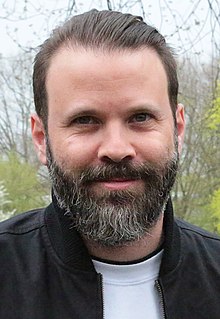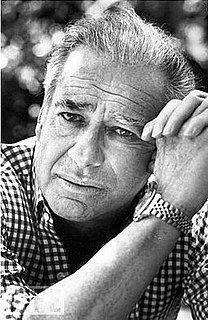A Quote by Park Chan-wook
Actors, I think, are all the same. Both Korean actors and American actors are all very sensitive people, and they are all curious to know what the director thinks of them and how they are evaluated, and they try to satisfy the director. And they like it if you listen carefully to their opinions and accept them.
Related Quotes
Your actors need to trust you as a director, but normally, I think you just need to have an open communication between the actors and the director. I think the director needs to really paint his or her vision to the cast and let them know the kind of mood that he or she is making. I think that's very important.
I think that what's important as a director is to give your actors the feeling that they're protected, the feeling of confidence, the feeling that if they make mistakes, then as a director, you'll know how to help them. If you're able to convey that, then the actors will give you wonderful performances. As well as the author, you have to write scenes that give the actors the opportunity to show what they're capable of.
I love actors, both my parents were actors, and the work with actors is the most enjoyable part of making a film. It's important that they feel protected and are confident they won't be betrayed. When you create that atmosphere of trust, it's in the bag - the actors will do everything to satisfy you.
To go into more specifics regarding actors, whether they're from Korea or the U.S., all actors know if they are loved by the director. When they feel that love from the director, they respond by giving a great performance on camera. Also, everyone on set - the crew, the actors - they were aware of the film's message and its broad theme, so these big issues were never discussed on set.
It's true that I don't think I'd be a good director. If I were a director, I'd try to hire the best people I could and then leave them alone. I don't know much about cameras or lighting, so I'd make sure that I had a really good cameraman who understood lenses and lighting, and I say to him, "This is the scene we have to shoot and this is what I think it should be, you go do it." Same with actors. But really, very good directors who know everything do basically the same thing. They hire you and then they leave you alone.
You're always going to have ups and downs - if you look at the careers of a whole bunch of people I respect, some of them have good movies, some of them have bad movies. I remember Andrew Garfield said that the only power we really have as actors - or one of the main powers we have as actors - is our choices. We can make interesting choices, but as soon as you've made that choice, so much else is in play: the director, the script can change, the other actors. All you can do is try to make interesting choices and, once you're in it, just do the best you can.





































